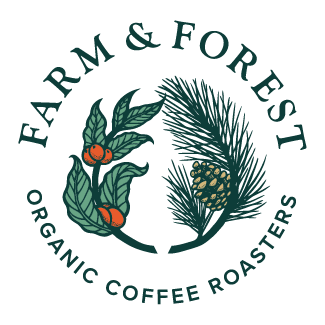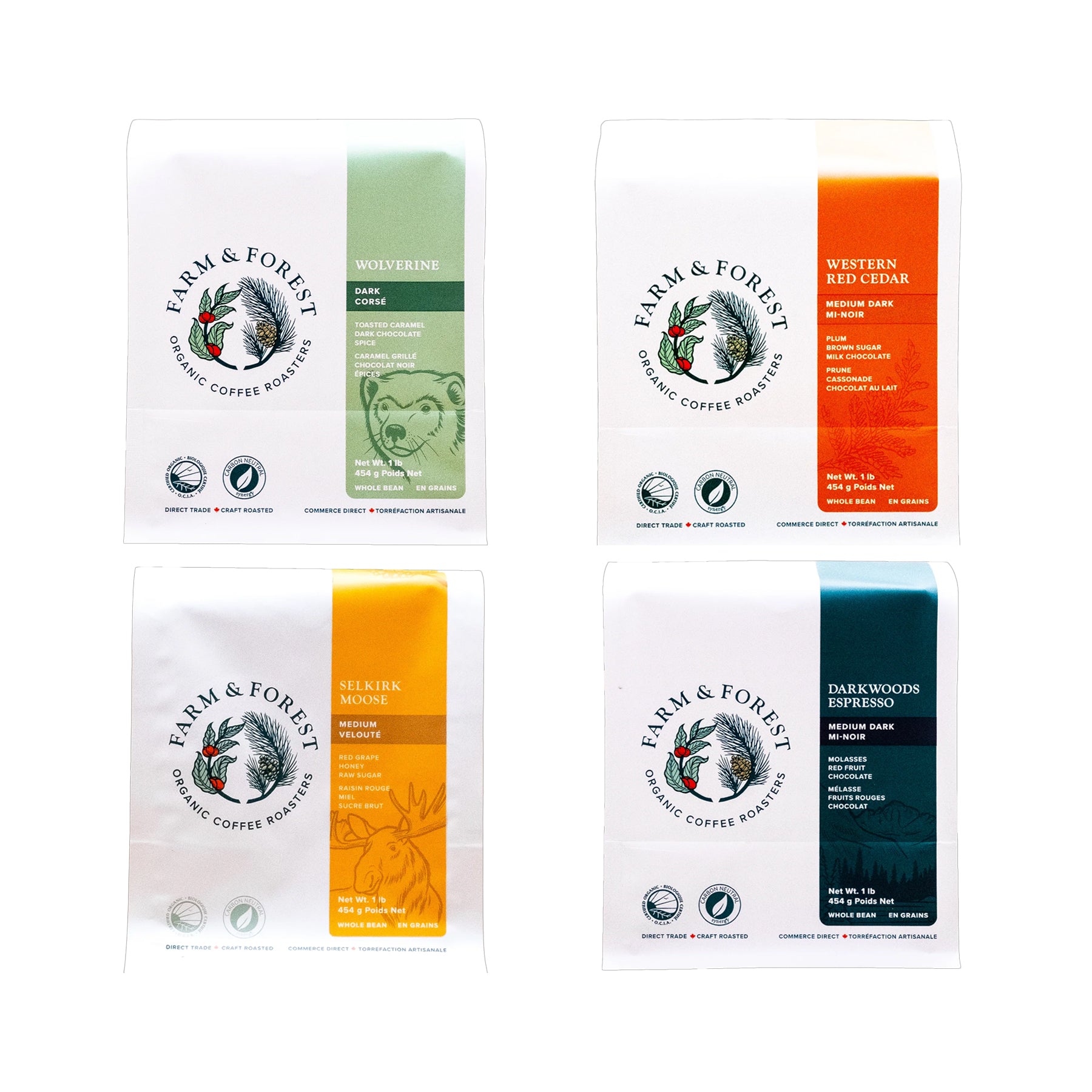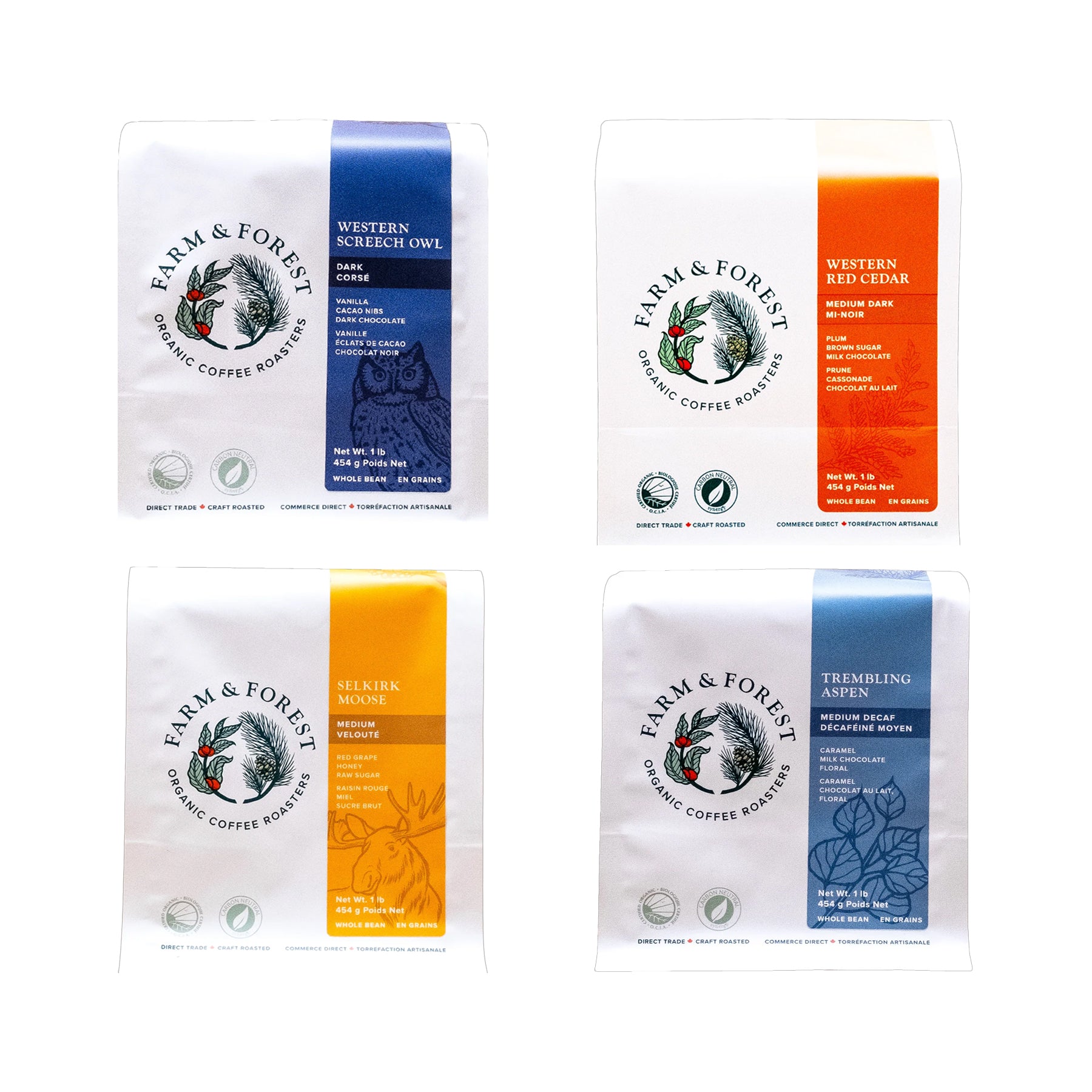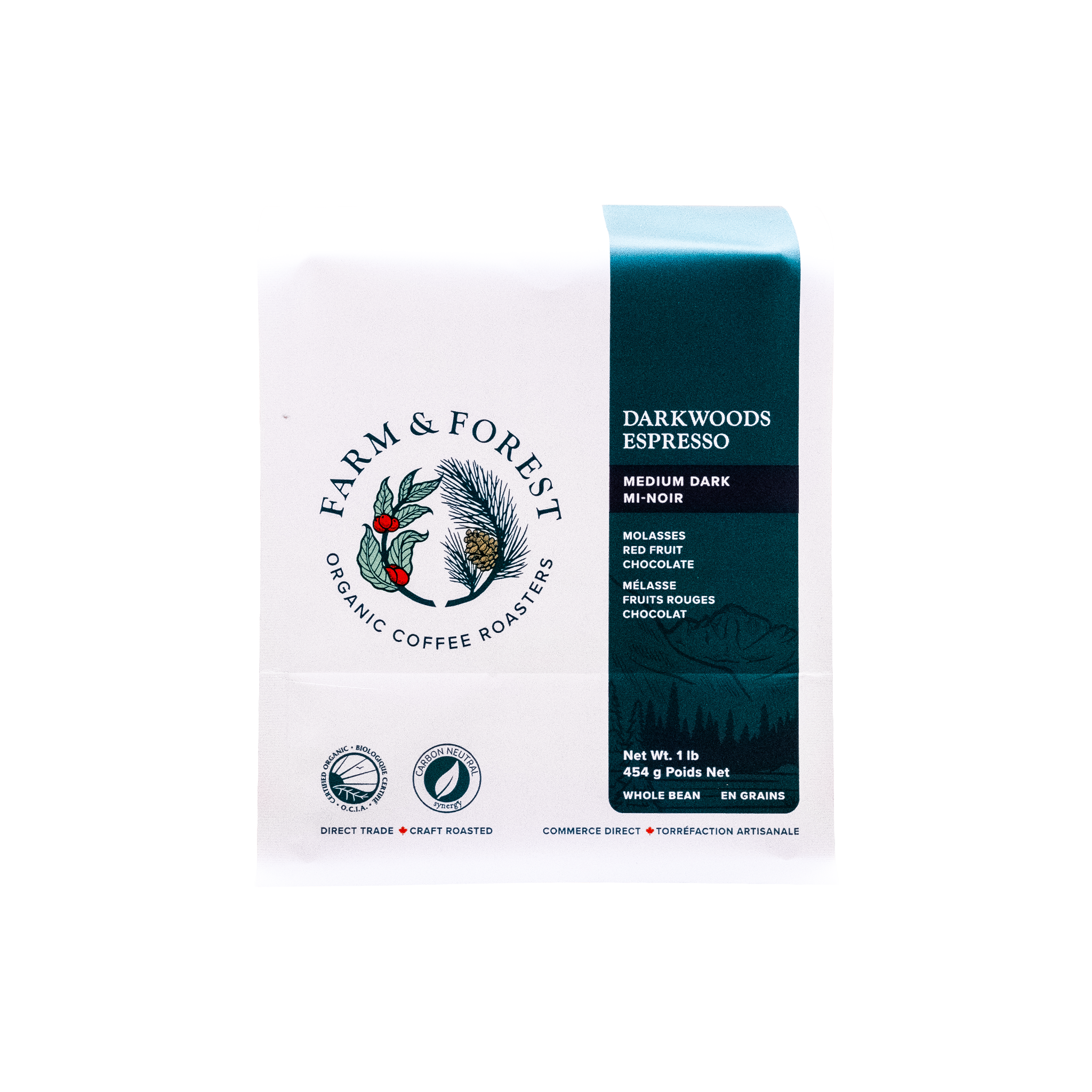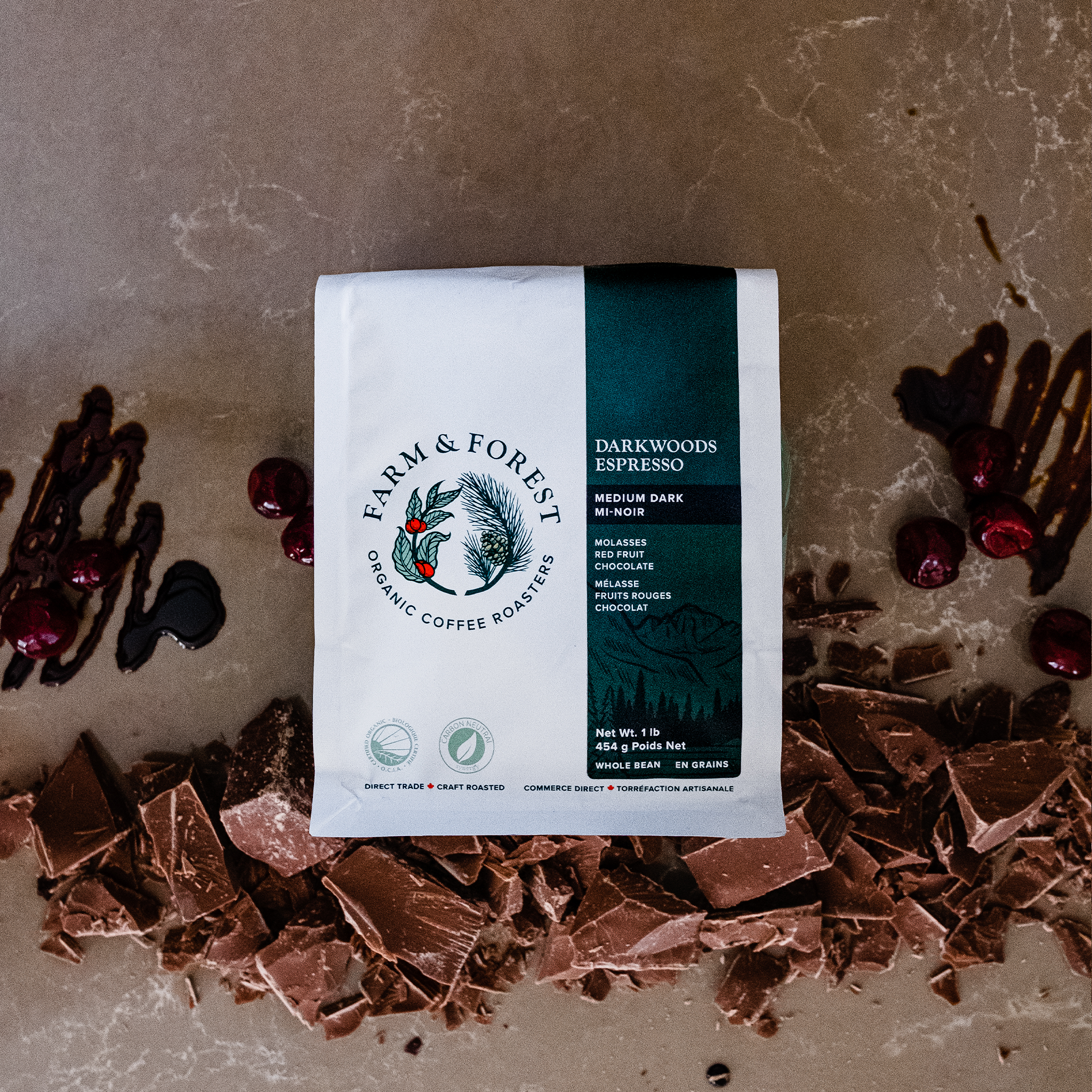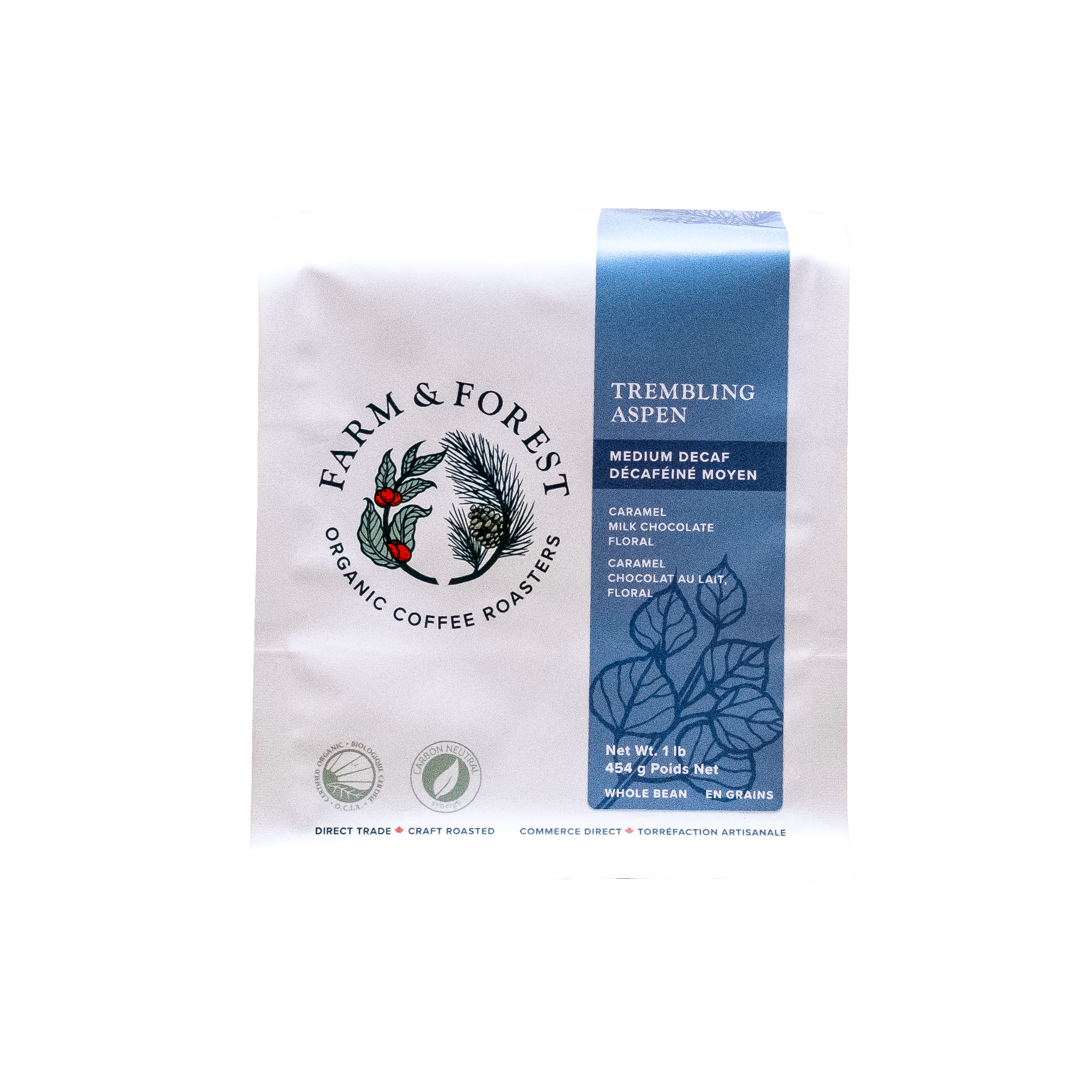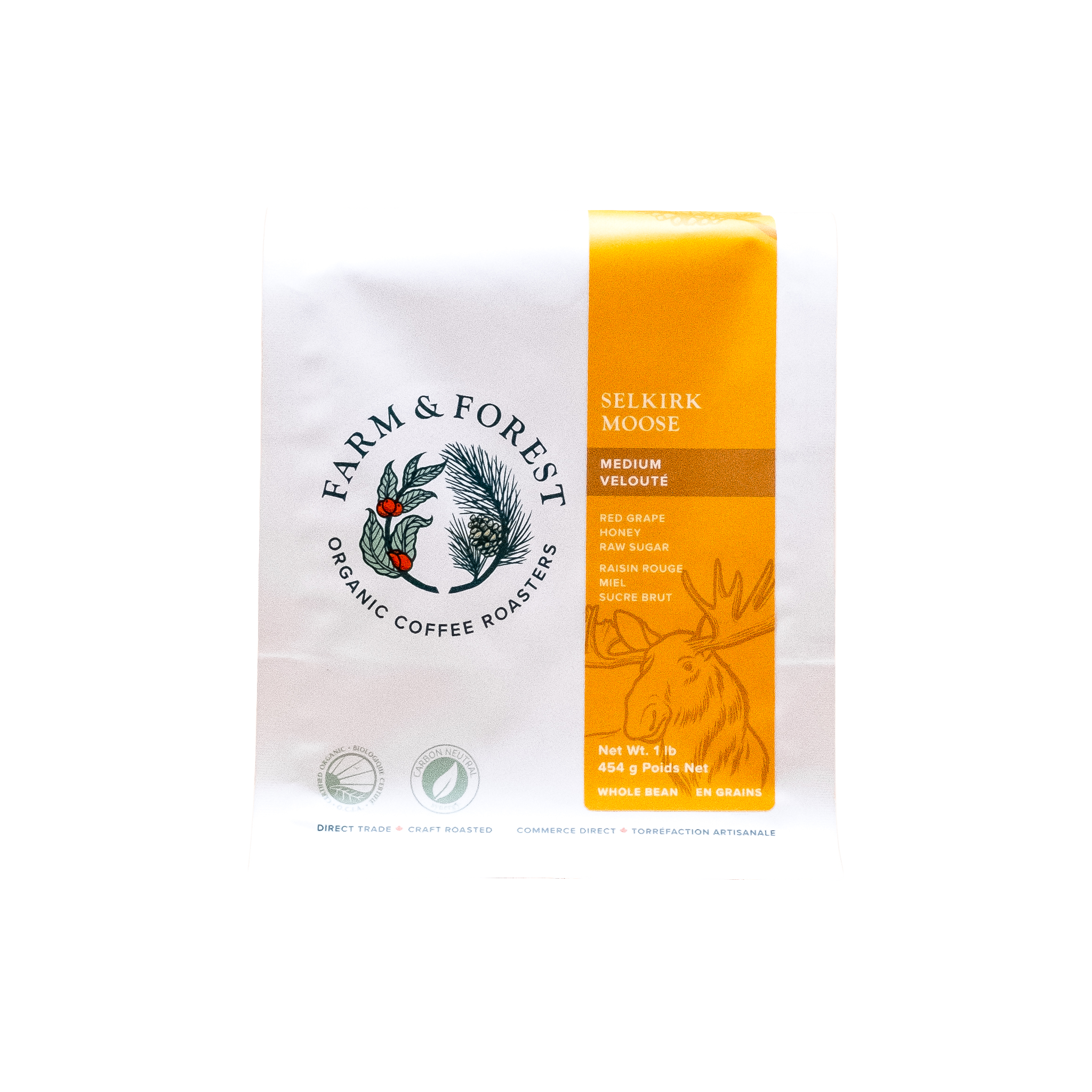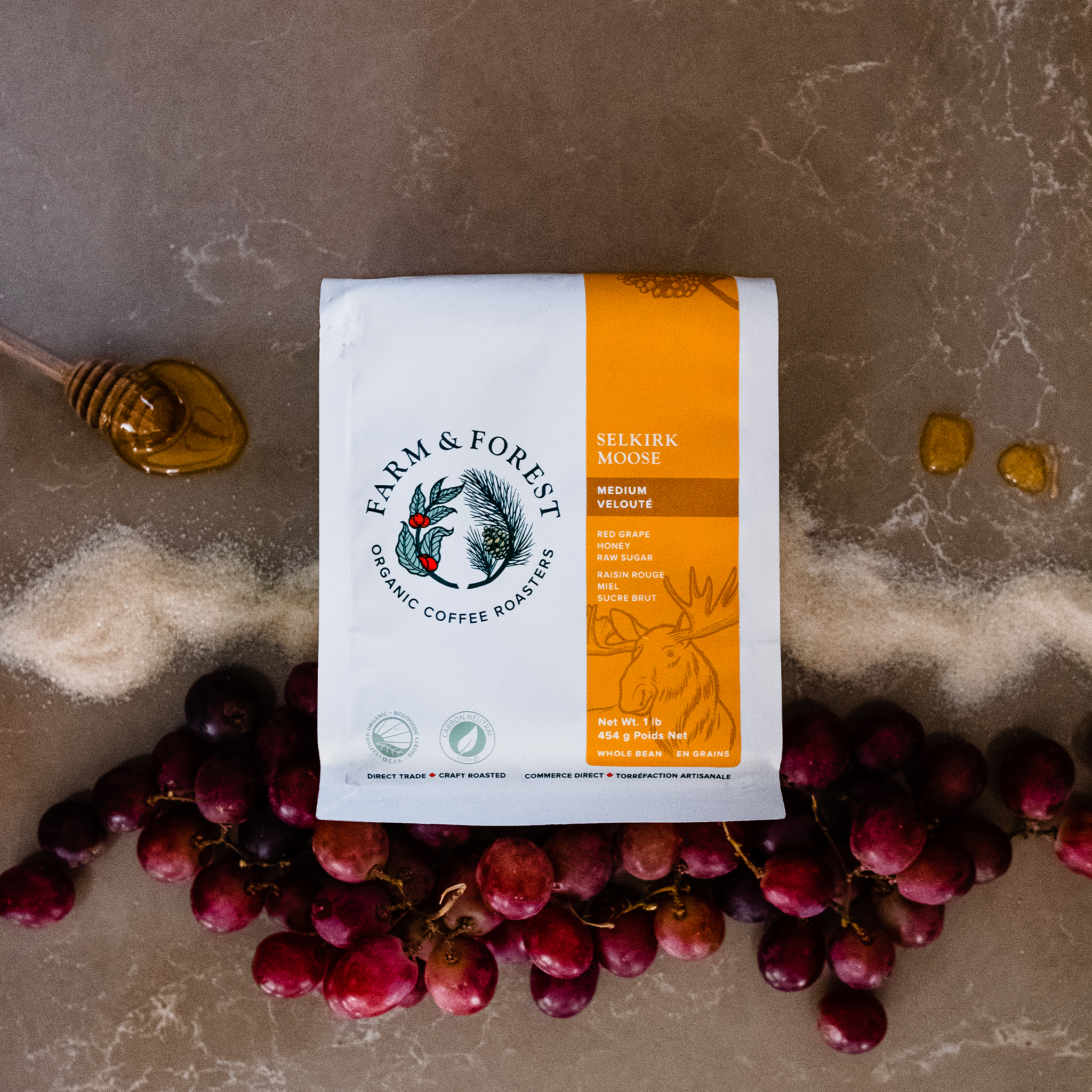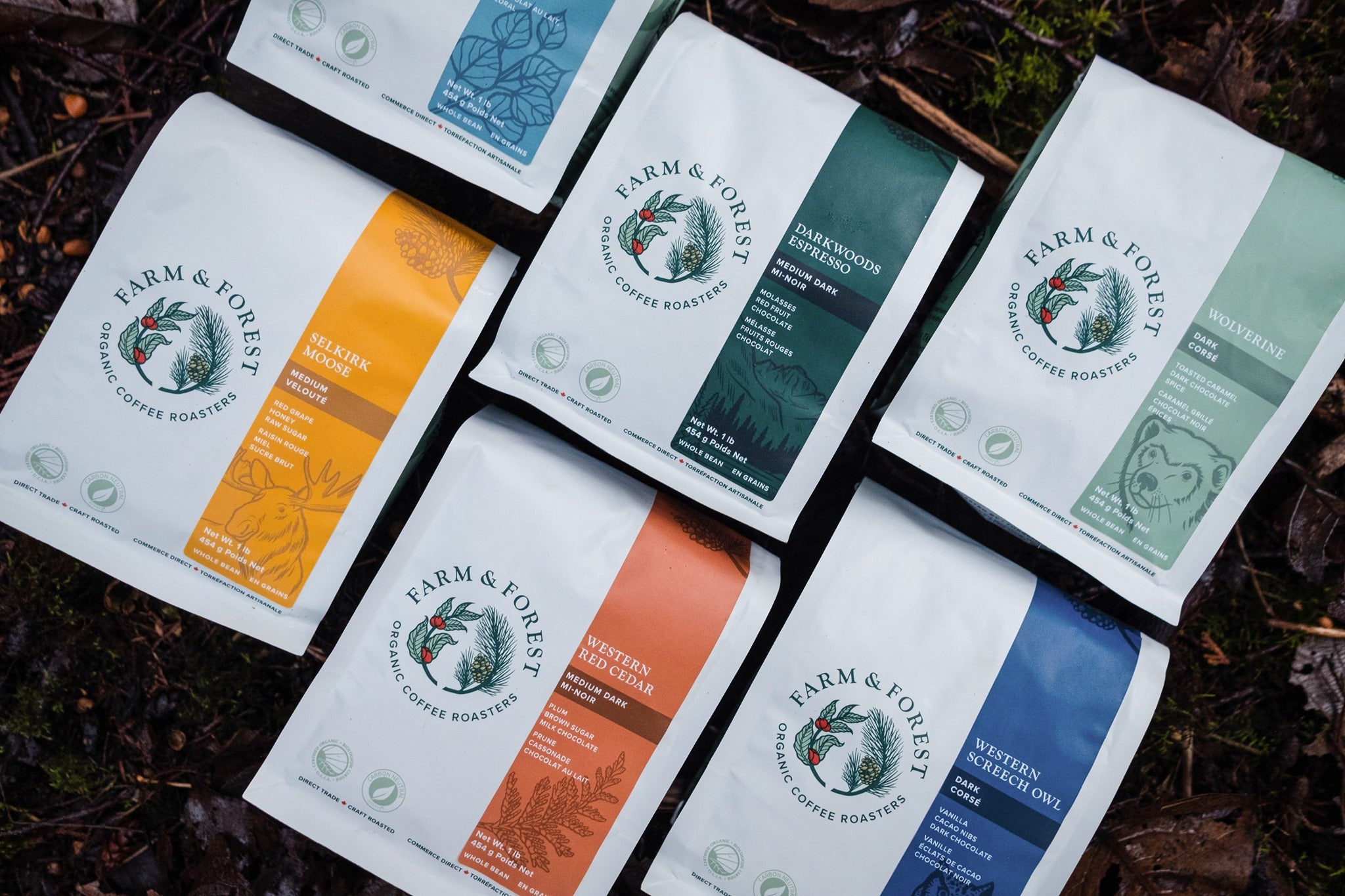What does shade-grown coffee mean? Benefits for the environment and farmers
In today’s specialty coffee culture, more and more consumers are asking not just about flavour profiles and brewing methods but also about sustainable coffee farming practices. One term that frequently comes up is shade-grown coffee. But what does shade-grown coffee actually mean, and why should you care?
In this guide, we’ll dive deep into the meaning of shade-grown coffee, explore its environmental benefits, its positive impact on farmers, and why it’s becoming a preferred choice for those seeking ethically sourced coffee.
What Is Shade-Grown Coffee?
Shade-grown coffee refers to coffee cultivated under a canopy of native trees and plants, mimicking the natural conditions where coffee originally thrived.
Unlike sun-grown coffee, which is typically farmed on deforested land with heavy chemical use, shade-grown coffee farms maintain tree coverage and a biodiverse ecosystem.
This method is more aligned with traditional coffee farming practices before the rise of mass-production techniques in the 1970s and 1980s that prioritised higher yields over sustainability.
Why Is Shade Important in Coffee Farming?
Coffee, especially Arabica coffee beans, naturally grows best in shaded environments. The tree canopy protects the coffee plants from direct sunlight, reducing heat stress and allowing the beans to mature more slowly. This extended maturation period often results in richer, more complex flavours, which is why many premium coffee enthusiasts actively seek out shade-grown options.
Benefits of Shade-Grown Coffee for the Environment
Choosing shade-grown coffee does more than deliver a superior cup—it supports a healthier planet. Here’s why:
1. Biodiversity Protection
Shade-grown coffee farms act as habitats for birds, insects, and wildlife. Many migratory birds, particularly from North America, rely on these farms during their seasonal movements. This method helps combat species loss, earning shade-grown coffee its reputation as "bird-friendly coffee."
2. Reduced Deforestation
Unlike sun-grown coffee, which requires clearing forests or other native vegetation to maximize sunlight exposure, shade-grown coffee preserves existing tree canopies. This helps mitigate deforestation and protects carbon sinks, which are essential in the fight against climate change.
3. Improved Soil Health
The trees in shade-grown farms drop leaves that naturally fertilise the soil, reducing the need for chemical fertilisers. This creates a more sustainable farming cycle and prevents soil erosion, which is common in sun-exposed plantations.
4. Climate Regulation
Tree canopies regulate temperature and humidity on the farm, creating microclimates that are beneficial for coffee growth.
These microclimates can also make coffee farms more resilient to the impacts of climate change.
Benefits for Farmers: Sustainability and Economic Stability
Supporting shade-grown coffee doesn’t just benefit the environment, it also empowers farmers in key coffee-growing regions.
Long-Term Farm Viability:
Shade-grown methods can protect crops from pests and extreme weather, reducing the need for chemical interventions. Healthier plants mean more sustainable yields over time.
Access to Premium Markets:
Shade-grown coffee is often certified as organic, bird-friendly, or Fair Trade, which can open doors to premium markets willing to pay higher prices for ethically sourced beans.
Reduced Production Costs:
Although shade-grown farms typically yield less per acre compared to sun-grown farms, the lower need for pesticides, herbicides, and synthetic fertilisers can balance production costs.
Community Well-being:
Sustainable farming supports better working conditions and healthier environments for farming communities, especially when coupled with certifications like Fair Trade.
How to Identify Shade-Grown Coffee When Buying
For coffee enthusiasts looking to make environmentally conscious choices, identifying authentic shade-grown coffee can sometimes be tricky. Here’s what to look for:
- Certifications: Seek labels like "Bird-Friendly," "Rainforest Alliance," "Organic," or "Fair Trade." Bird-Friendly certification is one of the most reliable indicators of genuine shade-grown practices.
- Direct Trade Partnerships: Many specialty roasters will directly source shade-grown coffee and provide detailed farm information on packaging.
- Origin Details: Regions like Ethiopia, Colombia, and Guatemala are known for preserving shade-grown traditions, but always verify the farm’s practices.
Does Shade-Grown Coffee Taste Better?
Many coffee experts believe that shade-grown coffee produces a higher-quality bean with more depth and complexity. The slower ripening process under the shade allows sugars to develop more fully, which can result in:
- Brighter acidity
- Smoother body
- Nuanced flavour profiles like chocolate, fruit, and floral notes
Of course, flavour is also influenced by factors like altitude, processing method, and roast profile, but shade-grown beans often offer the distinct taste specialty coffee enthusiasts seek.
Common Myths About Shade-Grown Coffee
Myth 1: Shade-grown coffee always costs more.
Not necessarily. While it can sometimes command a premium price due to certifications and limited supply, many shade-grown coffees are competitively priced, especially when purchased directly from specialty roasters like Farm & Forest Coffee.
Myth 2: All organic coffee is shade-grown.
This is not always true. Organic certification focuses on chemical use but does not guarantee the coffee is grown under shade.
Myth 3: Shade-grown coffee has lower yields, so it's unsustainable for farmers.
While yields may be lower per hectare, the long-term sustainability, lower input costs, and access to premium markets often make shade-grown farming a viable and profitable option.
Frequently Asked Questions (FAQs)
What does shade-grown coffee mean?
Shade-grown coffee is cultivated under a canopy of trees, providing natural protection and a habitat for wildlife, while promoting sustainable farming practices.
Is shade-grown coffee better for the environment?
Yes. Shade-grown coffee helps prevent deforestation, protects biodiversity, improves soil health, and contributes to climate regulation.
How can I tell if coffee is shade-grown?
Look for certifications like Bird-Friendly, Rainforest Alliance, and Organic, or buy from specialty roasters who detail farm practices and direct trade relationships.
Does shade-grown coffee taste different?
Shade-grown coffee typically has richer, more complex flavours because the beans mature more slowly under shaded conditions, enhancing sweetness and acidity.
Is shade-grown coffee more expensive?
It can sometimes be slightly more expensive due to certifications and smaller yields, but many shade-grown coffees are competitively priced, especially when bought from direct trade sources.
